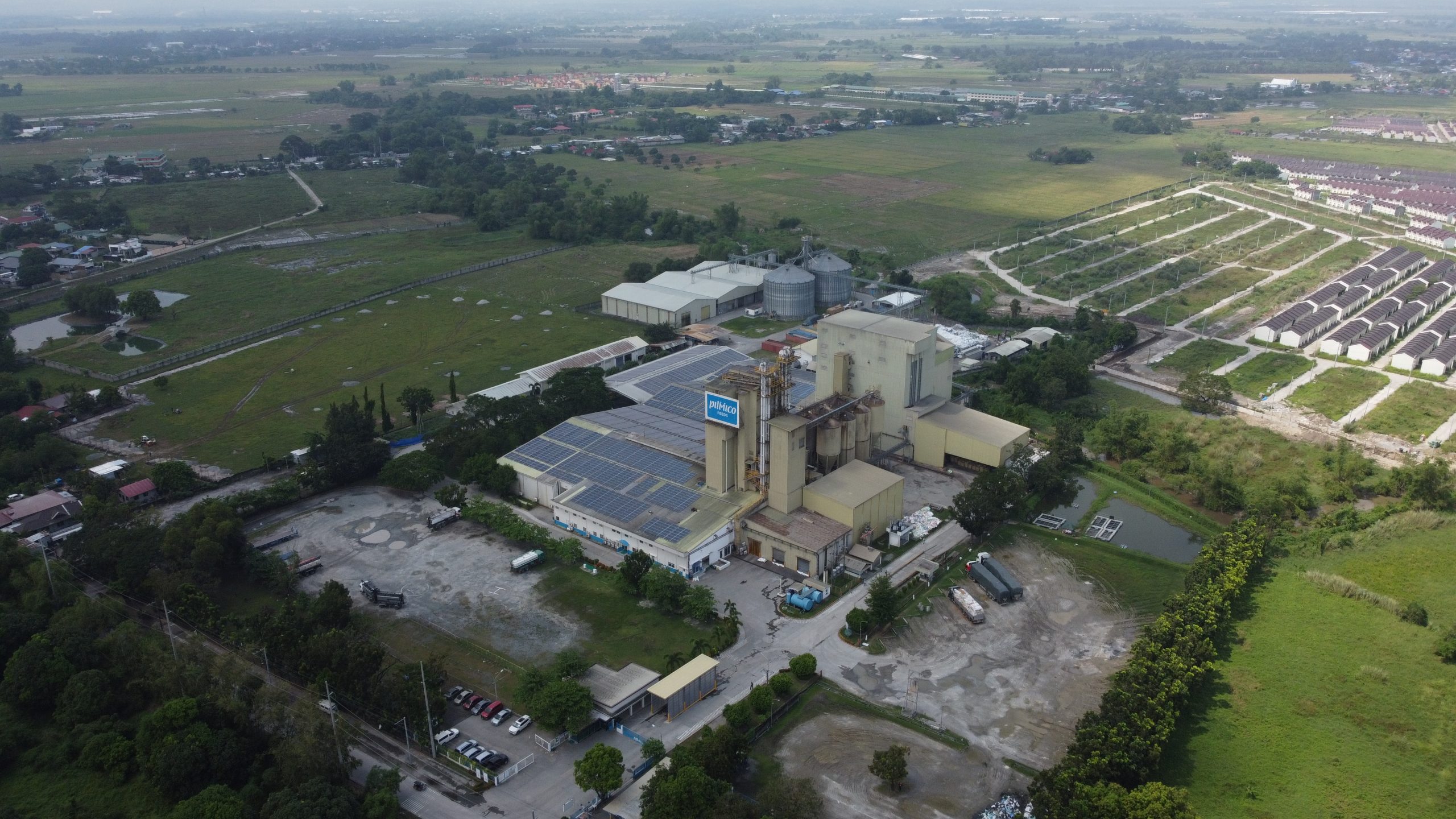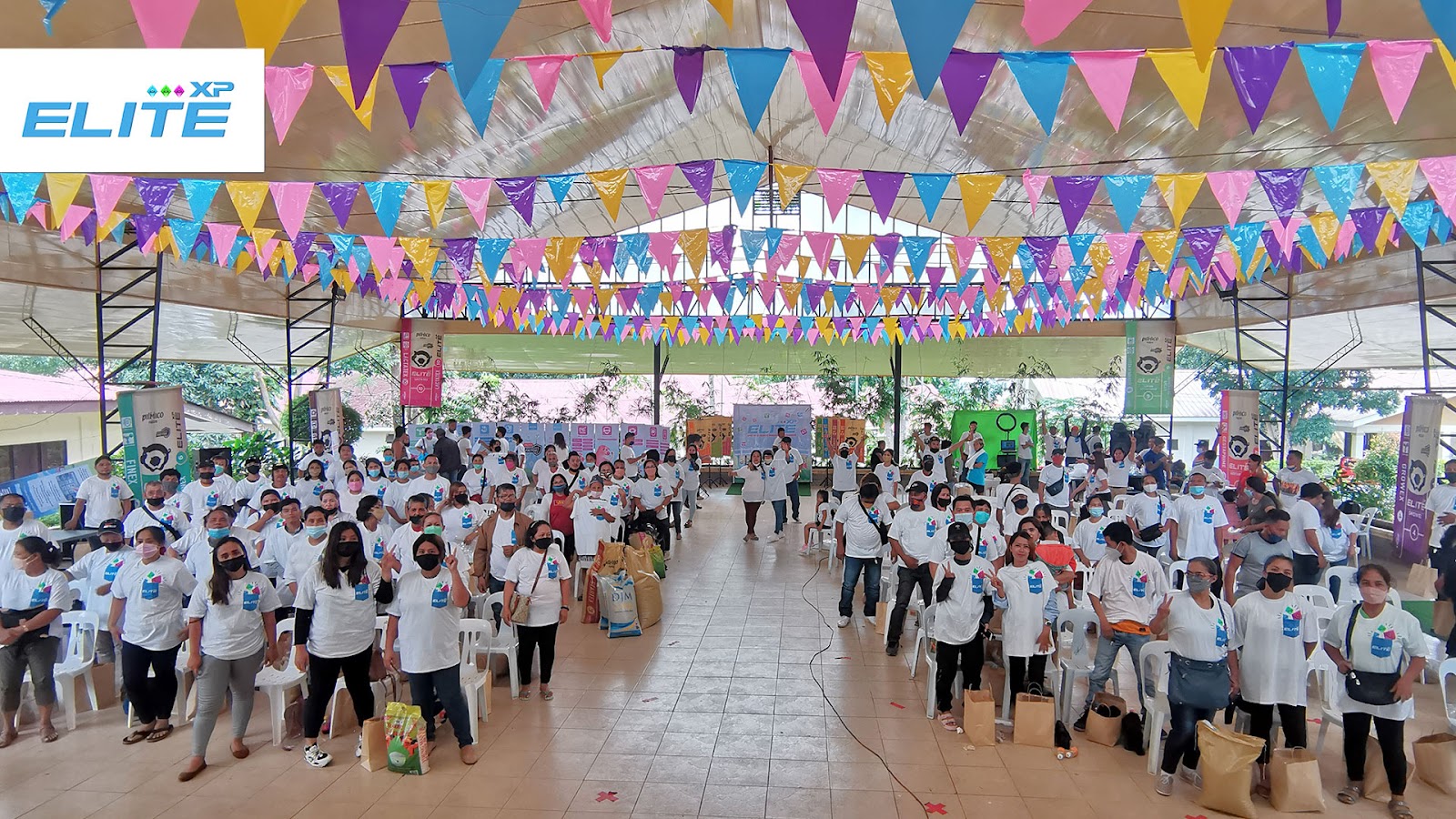Pilmico, food industry see minimal impact on food supply amid ECQ
Aboitiz food business unit Pilmico Foods Corporation echoed the government’s assertion on sufficient food supply amid uncertainties brought about by the Covid-19 pandemic. The company, which continues to operate normally, said the situation is well within manageable levels.
“Pilmico’s business continuity plans are in place and running, and this has allowed us to operate business as usual to meet the needs of our stakeholders. We have rigorously implemented our strict biosecurity processes to ensure the safety of our teams who report to work, and our supply chain has remained largely intact during the various ECQs that have been implemented across the country. This means that our facilities are prepared to continuously cater to the requirements of our customers, which should allow us to deliver our products and meet their needs,” noted Tristan Aboitiz, President and CEO of Pilmico Foods Corporation.
During the last meeting of the Inter-agency Task Force for the Management of Emerging Infectious Diseases (IATF-EID), the Department of Agriculture (DA) presented the food supply outlook for 2020, with most commodities actually forecast to end at a surplus by year-end. Earlier in April, DA was assigned to chair the Task Group on Food Security created by the IATF-EID.
According to the adjusted DA report, the projected supply by the end of December 2020 will be 94 days’ worth for rice, 234 days for corn, two days for fish, six days for vegetables, and 253 days for chicken.
Pilmico assured the public and its stakeholders that its operations remain normal. “As a leadership team, we have spent the last few weeks learning as much as we can about the disease, and assessing how it has impacted and will continue to impact our industry. It is critical that we understand how it affects our team members, customers, and communities, so we can make the necessary changes to different aspects of our operations,” Aboitiz added.
“Our company remains committed to helping sustain the food value chain by consistently being present and delivering raw materials needed to continue food production,” Aboitiz said. “The flour and feed mills in Iligan and Tarlac, as well as farms, continue to operate, serving the needs of the customers despite challenges in logistics and distribution which can be attributed to COVID-19,” he added.
Aboitiz confirmed that Pilmico’s Southeast Asian facilities are operating normally as well. Last year, the company fully acquired Gold Coin, an international food group that operates within Southeast Asia, making Pilmico a significant regional player.
“We are currently focused on ensuring that our current production facilities across the [SEA] region are optimized and that utilization is maintained at a high level so that we can adequately cater to the needs of our customers,” said Pilmico and Gold Coin Food Group President and CEO Hubert de Roquefeuil. “Needless to say, this includes integrating seamlessly with Food Group Philippines, in order to optimize synergies in procurement and cross-selling across countries,” he concluded.
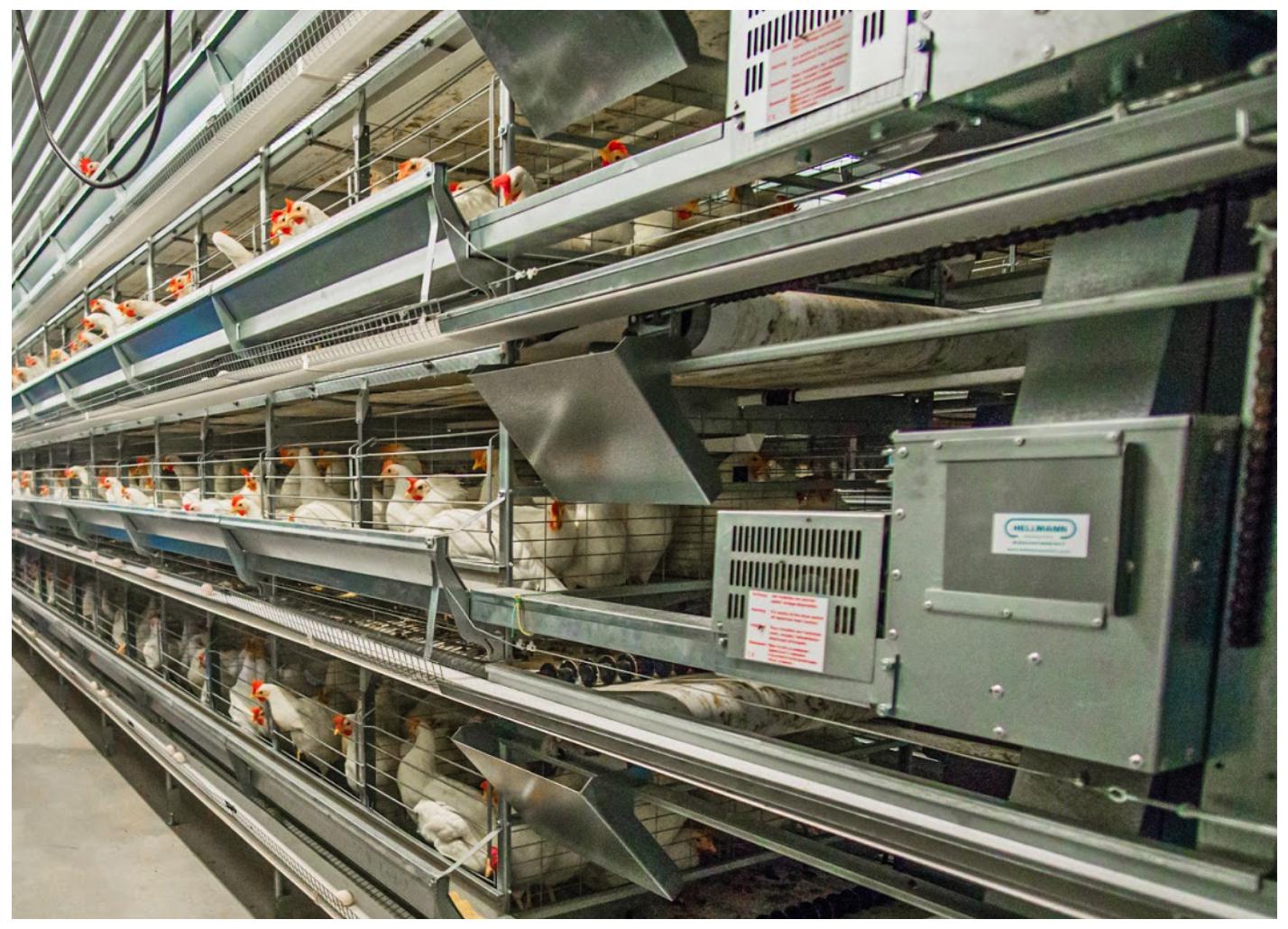
To ensure egg quality and safety control, Pilmico’s layer farms have egg washing and sanitizing capability. All layer farms have the latest technology design from Europe, which assists in automated grading and packing. This also limits human handling, minimizing possible risks of contamination.
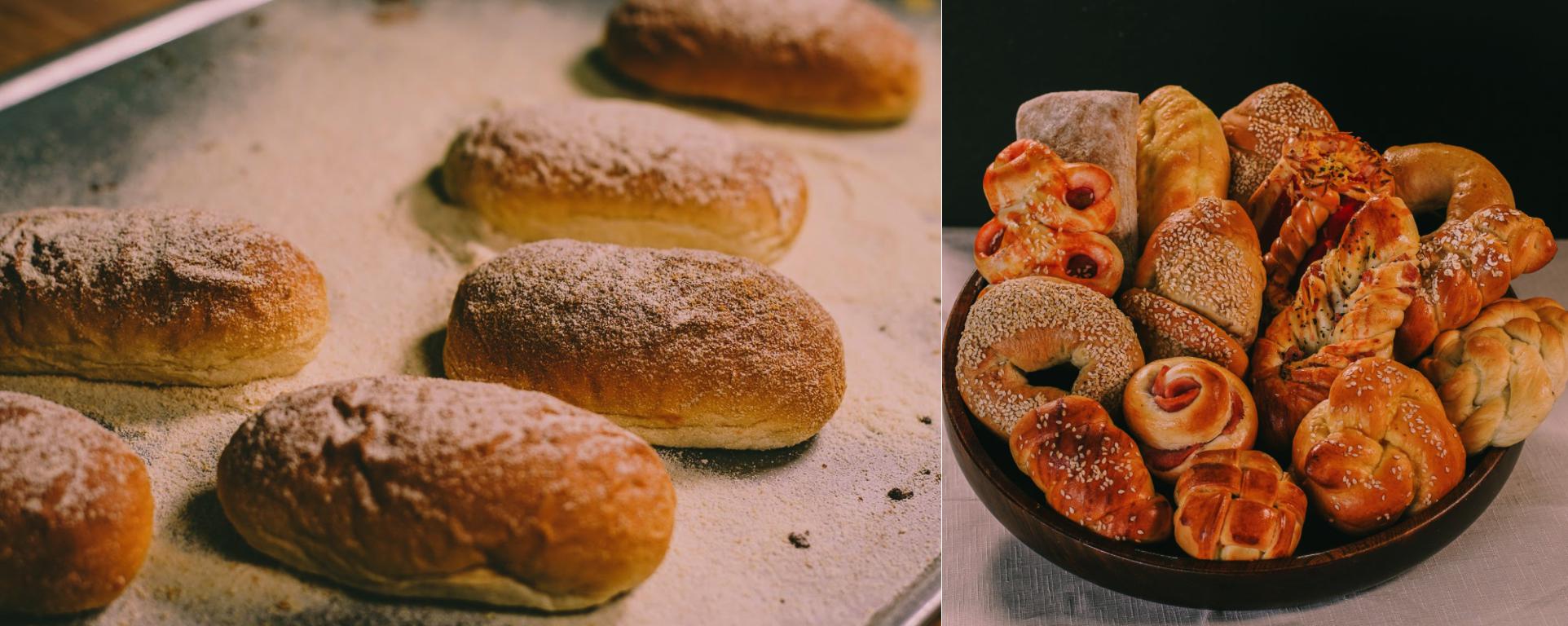
Baked products from Pilmico’s high quality flour continue to sustain bread needs of consumers. Flour supply to partner bakeries nationwide remain undisrupted despite logistic issues due to the COVID-19 situation.

Pilmico wants to bring its farms closer to consumers through its meat brand – The Good Meat, which offers farm fresh meats and eggs. The Good Meat Online Shop will be available for deliveries in Metro Manila soon!
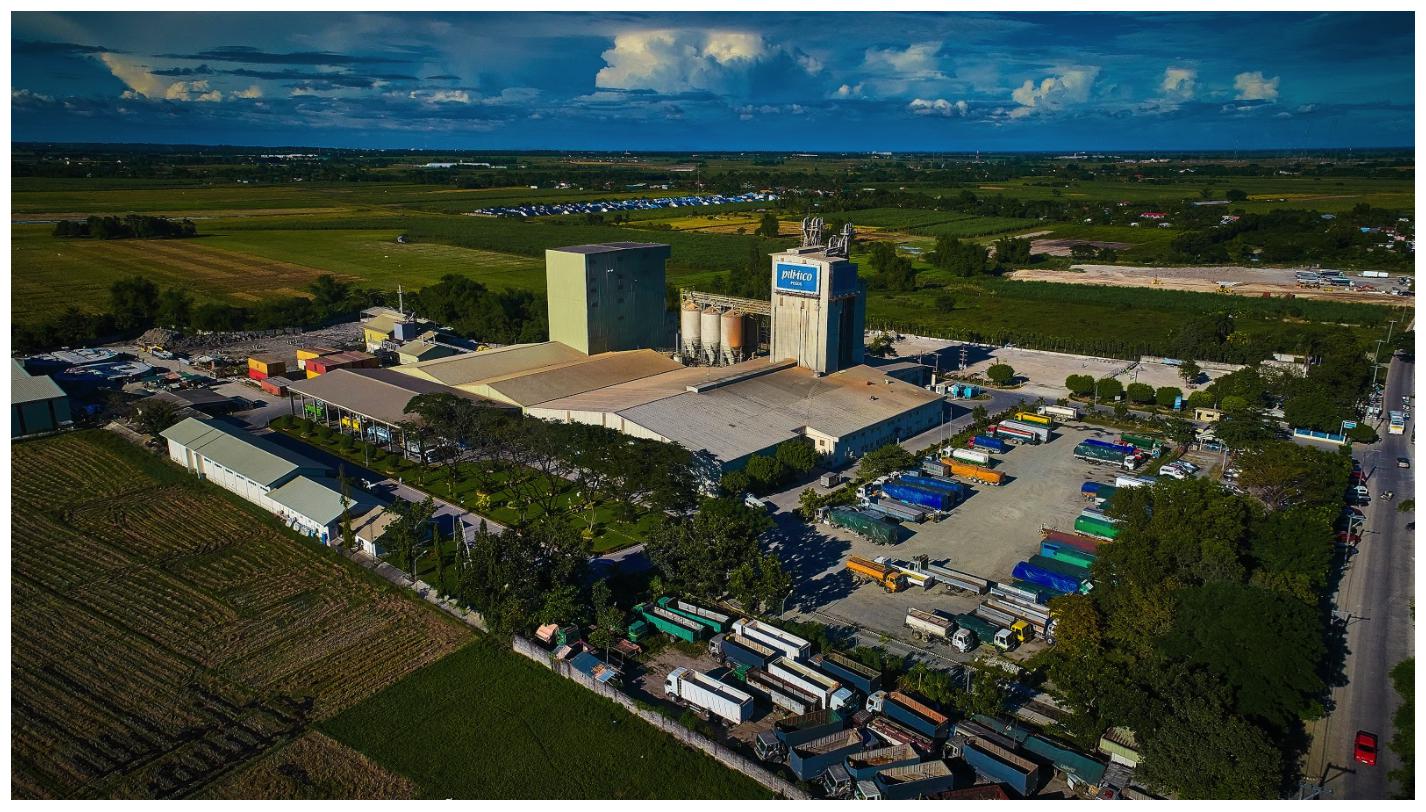
Pilmico Foods Corporations’ subsidiary – Pilmico Animal Nutrition Corporation – continues to operate business as usual. Located in Tarlac, the plant’s feedmill, swine, and layer operations sustain consistent demand amid the pandemic.

Pilmico Foods Corporation – flour manufacturing plant and feedmill in Iligan. As one of the country’s largest producers of flour, the Food Group ensured that the operations maintained during the pandemic meets both the quantity and the quality demands of the market.
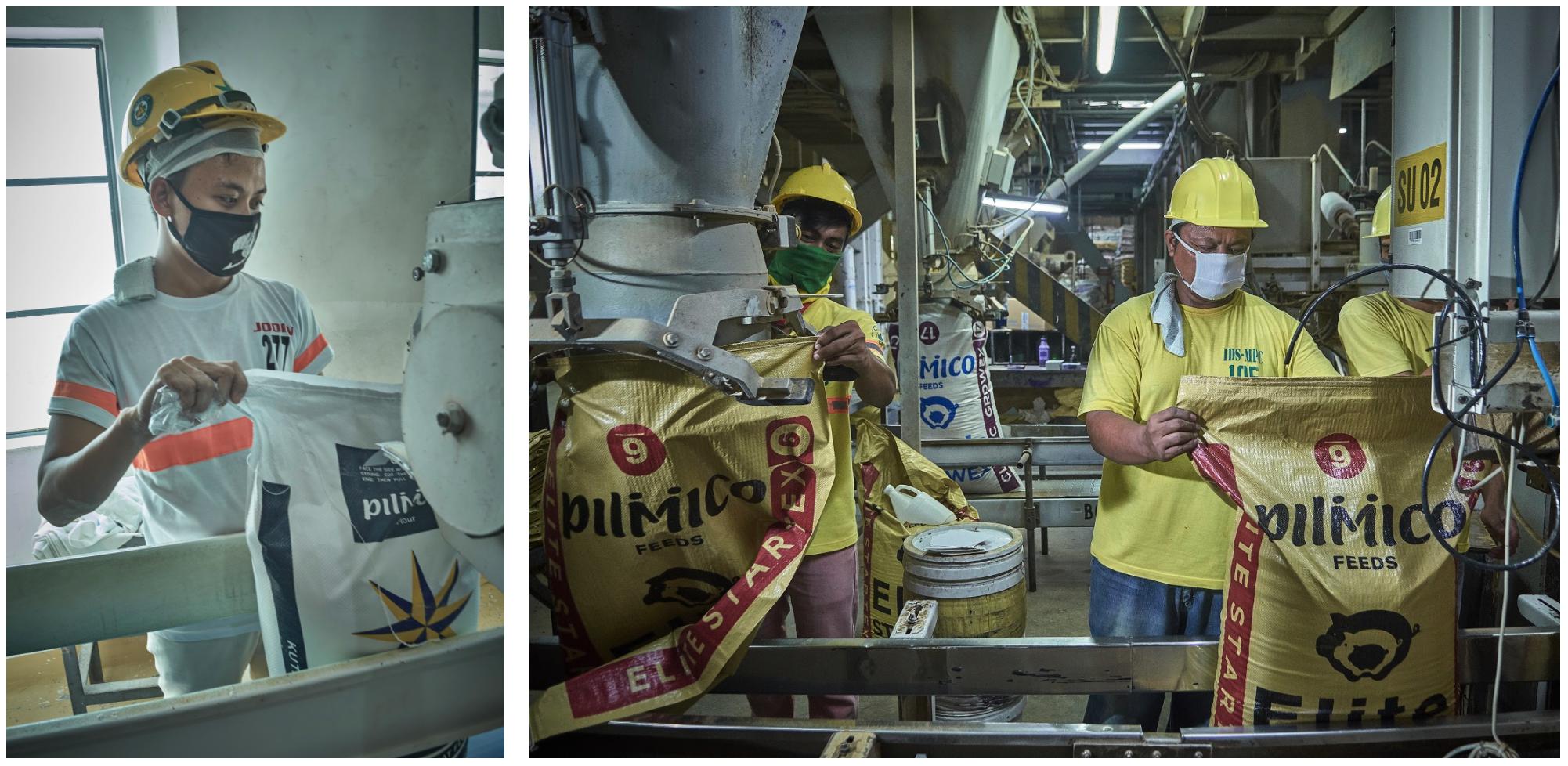
Pilmico’s plants, farms, and meat facilities across the Philippines remain business as usual. As Food Group Philippines remains COVID-free, Pilmico continues to implement strict biosecurity measures to ensure everyone’s safety.

